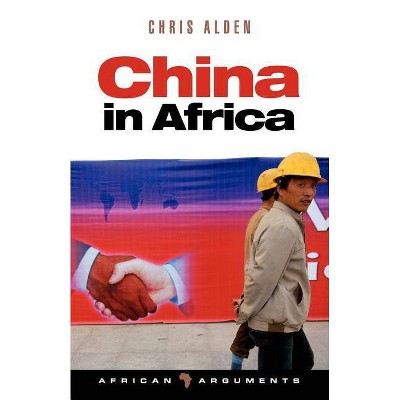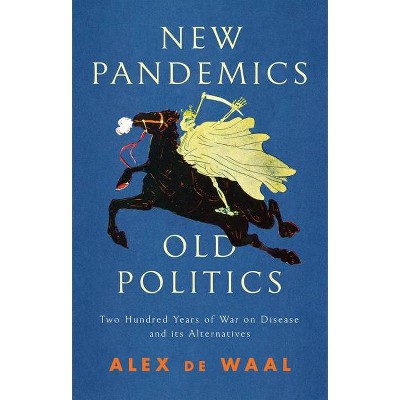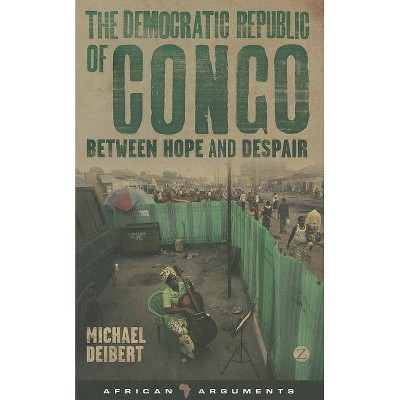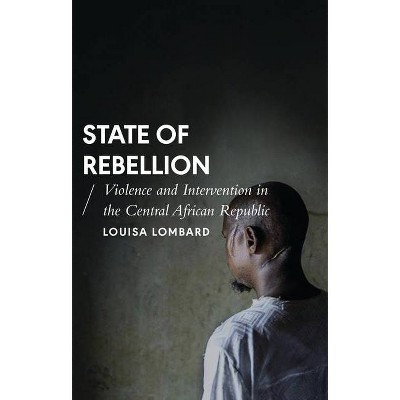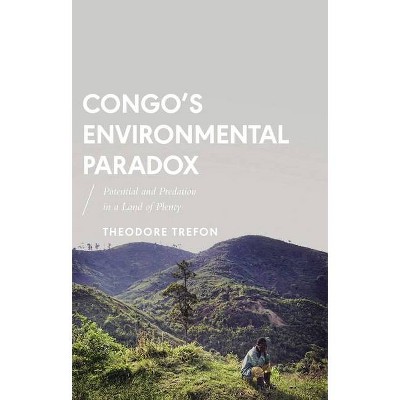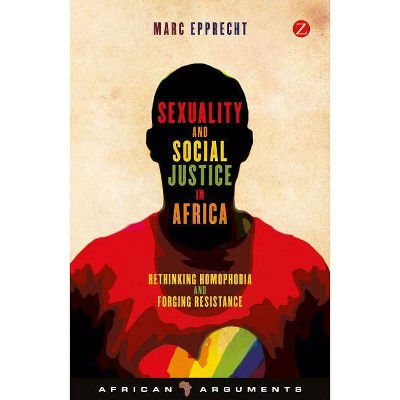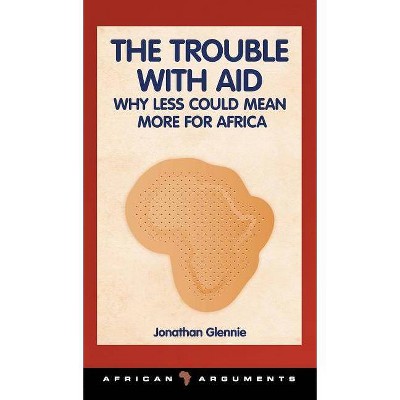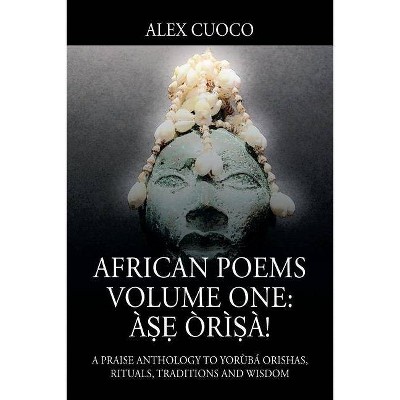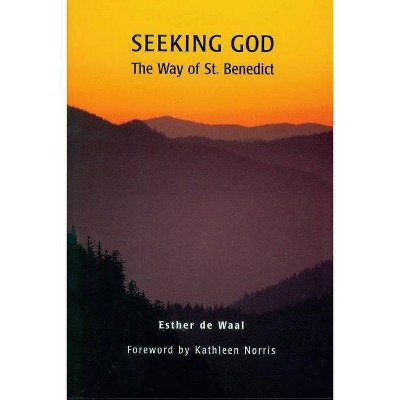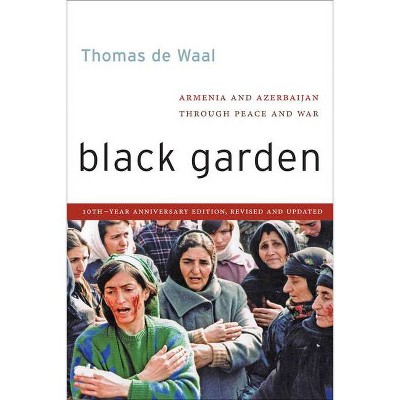Darfur - (African Arguments) 2nd Edition by Julie Flint & Alex de Waal (Paperback)
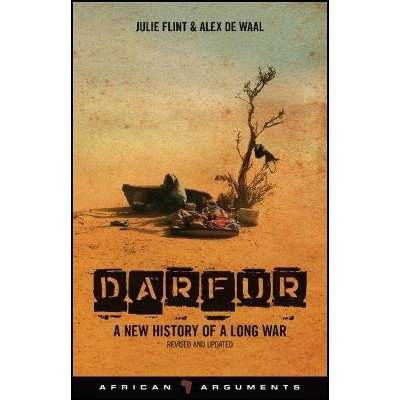
Similar Products
Products of same category from the store
AllProduct info
<p/><br></br><p><b> Book Synopsis </b></p></br></br>Written by two authors with unparalleled first-hand experience of Darfur, this is the definitive guide. Newly updated and hugely expanded, this edition details Darfur's history in Sudan. It traces the origins, organization and ideology of the infamous Janjawiid and rebel groups, including the Sudan Liberation Army and the Justice and Equality Movement. It also analyses the brutal response of the Sudanese government. The authors investigate the responses by the African Union and the international community, including the halting peace talks and the attempts at peacekeeping. Flint and de Waal provide an authoritative and compelling account of contemporary Africa's most controversial conflict.<p/><br></br><p><b> Review Quotes </b></p></br></br><br><p>"Disentangling myth from reality in Darfur is so difficult that the credentials of those who judge events there are particularly important. Those of both authors of this ... work are excellent" --<i>A masterpiece.</i> <p/>"That is the book Darfur: fast: moving, insightful, elaborate and intriguing; ... So graphic the stories, it is as good as watching a movie on Darfur; you see what you read" --<i>For anyone who wants to understand the politics of Sudan, the history of the suffering peoples and the possible solutions, this is the right book.</i> <p/>"A very clear-sighted account ... the book I would give first to anyone wanting to become acquainted with the crisis in Darfur." --<i>Praise for the First Edition, African Affairs</i> <p/>"The book is an impressive source of detailed information about a conflict that has been grossly over-simplified by most western reporters and advocacy groups." --<i>Alan J. Kuperman, Lyndon B. Johnson, School of Public Affairs University of Texas</i> <p/>"Alex de Waal and Julie Flint have written the definitive history of the Darfur conflict. Very detailed and thoroughly documented from first hand sources, the book will quickly become a classic and will correct some of the outside misperceptions of who did what to whom and why. They have written a balanced account of a very disturbing story, made more confused by government and rebel propaganda, by letting participants and eyewitness observers tell their stories." --<i>Andrew Natsios, Former Administrator of USAID and US Special Envoy to Sudan</i> <p/>"This is among the best works available on the current Darfur crisis. For a blow by blow account of developments, there is none better." --<i>Mahmood Mamdani, University of Columbia</i> <p/>"This brilliant book is essential reading for anyone seeking to understand the complex history of Darfur and how the very name became synonymous with suffering." --<i>Mia Farrow</i> <p/>"The best introduction is Darfur: A Short History of a Long War by Julie Flint and Alex de Waal...their accounts are as readable as they are tragic" --<i>Praise for the First Edition, Nicholas D. Kristof in 'The New York Review of Books'</i></p><br><p/><br></br><p><b> About the Author </b></p></br></br><p>Alex de Waal is a writer and activist on African issues. He is a programme director at the Social Science Research Council, a fellow of the Harvard Humanitarian Initiative and a director of Justice Africa. His books include Famine that Kills: Darfur, Sudan (1989), Famine Crimes: Politics and the Disaster Relief Industry in Africa (1997), Islamism and Its Enemies in the Horn of Africa (2004) and Aids and Power: Why There is No Political Crisis - Yet (2006) <p/>Julie Flint is a journalist and film-maker. She divides her time between London and the Middle East. She has worked on from Colombia to China and has won several awards. She has been writing about Sudan since 1992, initially as Horn of Africa correspondent for The Guardian and later as a freelance with a special interest in human rights. Her work includes the BBC film Sudan's Secret War (1995) and The Scorched Earth (2000) and Darfur Destroyed (2004).<br>Alex de Waal is a writer and activist on African issues. He is a programme director at the Social Science Research Council, a fellow of the Harvard Humanitarian Initiative and a director of Justice Africa. His books include Famine that Kills: Darfur, Sudan (1989), Famine Crimes: Politics and the Disaster Relief Industry in Africa (1997), Islamism and Its Enemies in the Horn of Africa (2004) and Aids and Power: Why There is No Political Crisis - Yet (2006) <p/>Julie Flint is a journalist and film-maker. She divides her time between London and the Middle East. She has worked on from Colombia to China and has won several awards. She has been writing about Sudan since 1992, initially as Horn of Africa correspondent for The Guardian and later as a freelance with a special interest in human rights. Her work includes the BBC film Sudan's Secret War (1995) and The Scorched Earth (2000) and Darfur Destroyed (2004).</p>
Price History
Price Archive shows prices from various stores, lets you see history and find the cheapest. There is no actual sale on the website. For all support, inquiry and suggestion messages communication@pricearchive.us
